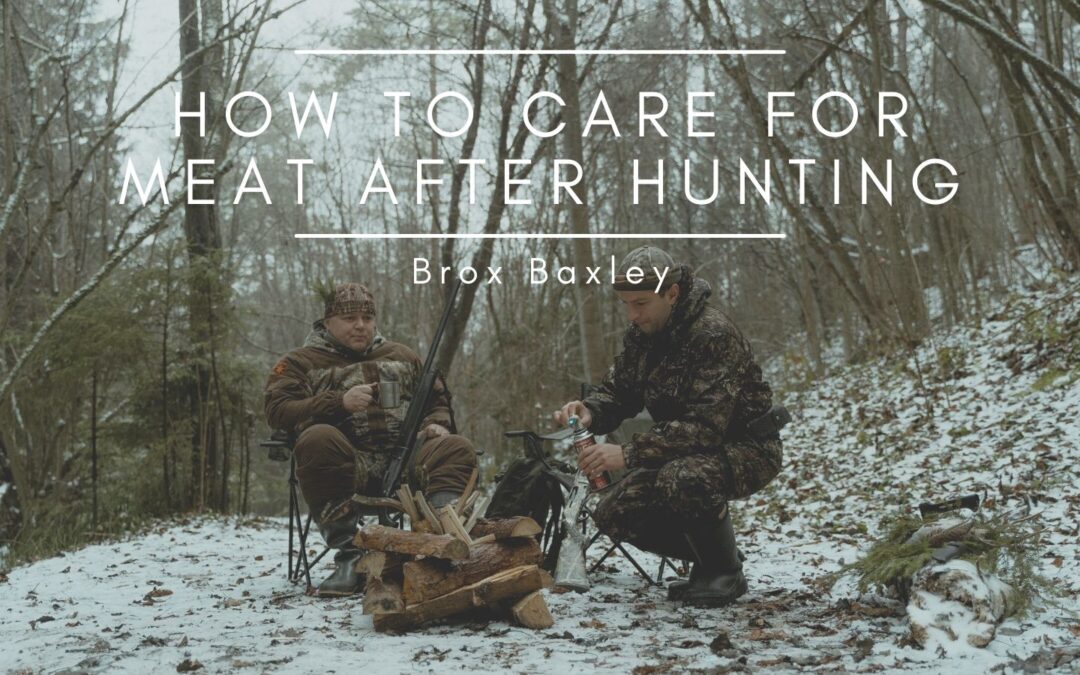As a professional hunter, you know that the meat you harvest is a valuable resource that plays a vital role in your hunting experience. Properly caring for your meat is essential to keep it fresh and safe.
Field Dressing: Field dressing, or gutting, removes the internal organs from the animal’s body cavity. This is done to help cool the meat and prevent it from spoiling quickly. Field dressing should be done as soon as possible after the animal has been killed. Ensure you have the necessary tools, such as a sharp knife, and a clean area to work in. Always wear gloves to avoid contamination and to protect yourself from any diseases the animal might carry.
Cooling: After field dressing, it’s essential to cool the meat immediately. This can be done by hanging the meat in a shaded area or placing it in a cooler with ice. The temperature should be kept below 40 degrees Fahrenheit to prevent spoilage. If you’re in a remote area without access to refrigeration, you can also cool the meat by placing it in a stream or river.
Aging: Aging is letting the meat rest for some time before butchering. This allows the enzymes in the meat to break down the muscle fibers, resulting in more tender and flavorful meat. Aging can be done by hanging the meat in a cool, dry area for some time. The length of time depends on the animal and the temperature but generally ranges from 7 to 14 days.
Butchering: Once the meat has been properly aged, it’s time to butcher it. This involves cutting the meat into smaller portions for storage and cooking. If you need more experience with butchering, it’s a good idea to take a class or seek guidance from a professional. You can also find instructional videos online or in hunting magazines.
Freezing: Once the meat has been butchered, it’s time to freeze it for long-term storage. Make sure to wrap the meat in freezer paper, plastic wrap, or vacuum-sealed bags to prevent freezer burn. Label each package with the date and type of meat to keep track of what you have in your freezer. Recording how much meat you have on hand and how long it’s been in the freezer is also a good idea.
Thawing: When cooking the meat, it’s important to thaw it properly to ensure it remains safe. Meat should be kept in the refrigerator overnight to defrost. You can microwave it or submerge it in cold water in a tight plastic bag to defrost more rapidly.
Following these tips for caring for your meat after hunting can ensure your harvest stays fresh and safe. Always handle the meat carefully and follow proper hygiene practices to avoid contamination. With some preparation and attention to detail, you can enjoy delicious and nutritious meat from your hunting trips for months.

